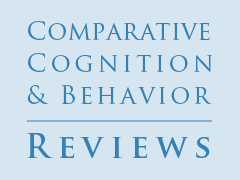The Importance of Reproductive Behavior Tests in Bull Breeding Soundness Evaluation
Reading Options
Abstract
In extensive beef cattle farms, fertility is one of the factors that determines the number of calves born each year and is therefore essential for maintaining a farm’s competitiveness and sustainability. In farms where natural breeding is the usual reproductive management strategy, bull reproductive soundness should be assessed to exclude animals that may compromise productivity. The standard method of evaluation, known as bull breeding soundness evaluation, comprises health, physical, seminal, and behavior assessment. However, veterinarians in many countries often omit the behavior assessment from bull breeding soundness evaluation because of its complexity and resource requirements. Instead, farmers closely observe bulls during the first weeks of the mating period to detect problems with libido or mating ability. We believe that detecting “problematic bulls” before mating period through reproductive behavior tests should be considered. To develop tests that may prove more affordable and easier to perform, we examined fundamentals of serving capacity, libido, and mating ability as main reproductive behavior tests. This approach may turn the reproductive behavior tests more affordable so they can be included in the bull breeding soundness evaluation performed at medium-sized cattle farms.
Keywords: libido, serving capacity, mating ability, sex behavior, breeding soundness

